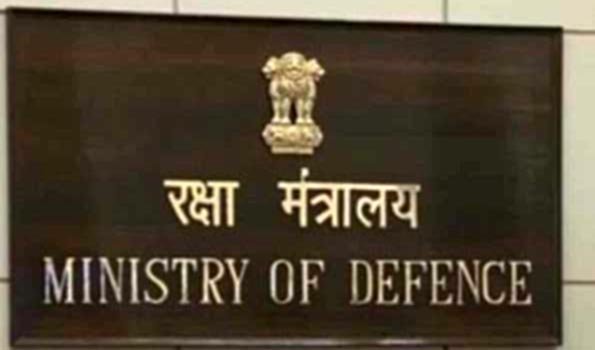New Delhi, June 19 (UNI) The Ministry of Defence has constituted a committee headed by the Director General (Acquisition) to conduct a comprehensive review of the Defence Acquisition Procedure (DAP) 2020, with the aim of aligning it with the evolving requirements of the armed forces.
The Defence Ministry on Thursday said that the review has been initiated in view of the declaration of the year 2025 as the “Year of Reforms.” The objective is also to ensure greater synergy with the government’s existing policies and initiatives.
Former IAS officer Apurva Chandra, who had previously served as Director General (Acquisition), has been appointed as the Principal Advisor to the Committee. The committee includes senior officers from the Defence Ministry, representatives from the Defence Industry and academia.
The panel has already begun consultations and invited suggestions from stakeholders by July 5.
The Ministry said that the aim is to meet operational requirements and modernisation of the Armed Forces in a timely manner to ensure national security.
Additionally, the effort aims to align acquisition procedures with the government’s policies and initiatives. This will help promote Aatmanirbharta (self-reliance) by promoting technology infusion through indigenously designed and developed systems.
The objective is also to enable ‘Make in India’ by promoting defence manufacturing in the country through facilitation of Joint Ventures and Transfer of Technology for the private sector, encouraging foreign OEMs via FDI alignment, and establishing India as a global Defence manufacturing and MRO hub.
The decision to undertake this review focuses on enhancing indigenous technology transfer by promoting design and development in both the public and private sectors, with special attention to startups, innovation, and the private defence industry.
The committee has invited suggestions from stakeholders regarding policy-level changes to streamline acquisition procedures. These include issues such as classification, ease of doing business, conduct of trials, post-contract management, fast-track procedures, and adoption of new technologies such as Artificial Intelligence (AI). Additionally, feedback has been sought on improving the language to eliminate ambiguity, resolving inconsistencies, and enhancing procedural clarity, along with other relevant concerns.











